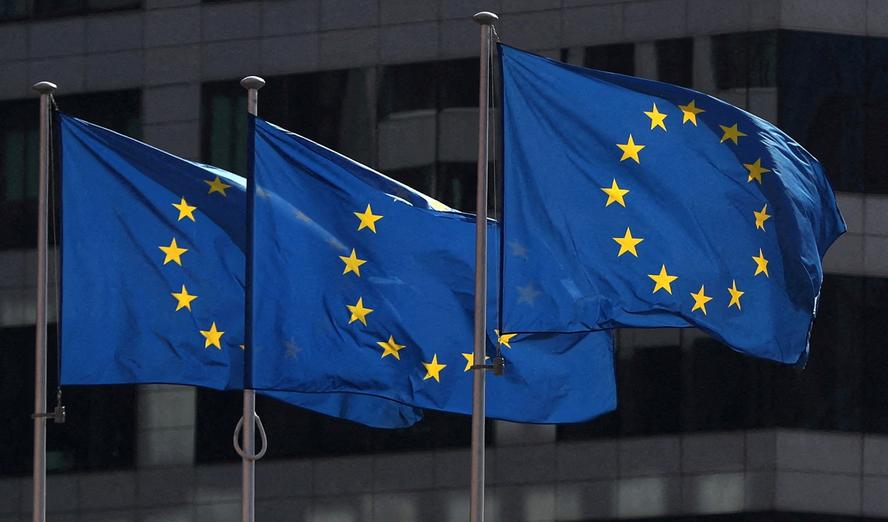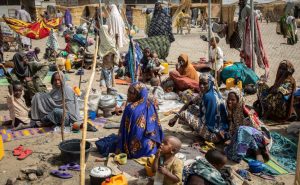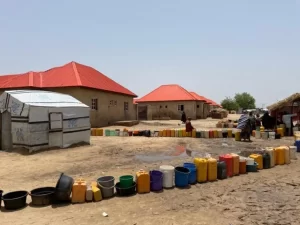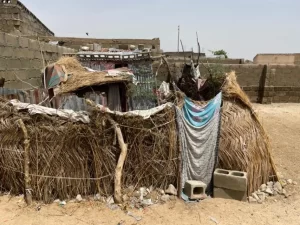EU Commits €15m to Support Displaced Nigerians and Host Communities, With Broader Social and Economic Implications

Abuja – Nigeria: The European Union (EU) has pledged €15 million to support internally displaced persons (IDPs) and host communities across five Nigerian states, underscoring how displacement has become not only a humanitarian emergency but also a challenge with long-term economic, cultural and political consequences.
EU Ambassador to Nigeria and ECOWAS, Gautier Mignot, announced the funding at the launch of two programmes: the Support for Internally Displaced Persons in Yobe, Adamawa, Benue, and Kano States (SIDPIN), and the Support for Protection, Assistance and Durable Solutions in Sokoto (SPADS).

The initiatives, implemented in partnership with agencies including the International Organisation for Migration (IOM), UN-Habitat, UNHCR, and the Danish Refugee Council, will focus on sustainable urban integration, with particular attention to women, children, and vulnerable groups.
Nigeria is home to more than 3.5 million displaced people, most uprooted by insecurity in the northeast, north-central, and northwest. Analysts note that protracted displacement disrupts regional economies, depresses agricultural production, and strains host communities that already face limited infrastructure and services.
For families, displacement has meant loss of livelihoods, fractured social ties, and reduced access to education and healthcare. Businesses in host areas also face new pressures: while local markets can expand from population inflows, competition for scarce resources often sparks tension. The EU’s €15m support seeks to balance humanitarian relief with durable economic solutions, aiming to strengthen resilience and reduce long-term dependency on aid.
Beyond economics, displacement reshapes cultural life. Communities hosting IDPs grapple with demographic shifts that challenge traditional social systems, while displaced families struggle to preserve their cultural practices in unfamiliar environments.

Politically, how Nigeria manages displacement will influence public trust in governance. Successful integration policies could strengthen national cohesion, while neglect risks fueling grievances that extremists may exploit. The EU projects, developed with Nigerian federal and state authorities, highlight the importance of shared responsibility and local ownership in finding solutions.
The programmes are also part of a wider European strategy to support stability in West Africa, where migration, insecurity, and fragile economies are interlinked. By investing in urban integration and resilience, the EU hopes Nigeria can model durable approaches that reduce reliance on emergency aid and foster peaceful coexistence.

Ambassador Mignot stressed that the response must go “beyond emergency aid,” focusing on pathways to stability and development. UN Resident and Humanitarian Coordinator Mohamed Fall echoed this view, noting that durable solutions to displacement strengthen not just households but also institutions, trust, and Nigeria’s progress toward the Sustainable Development Goals.






